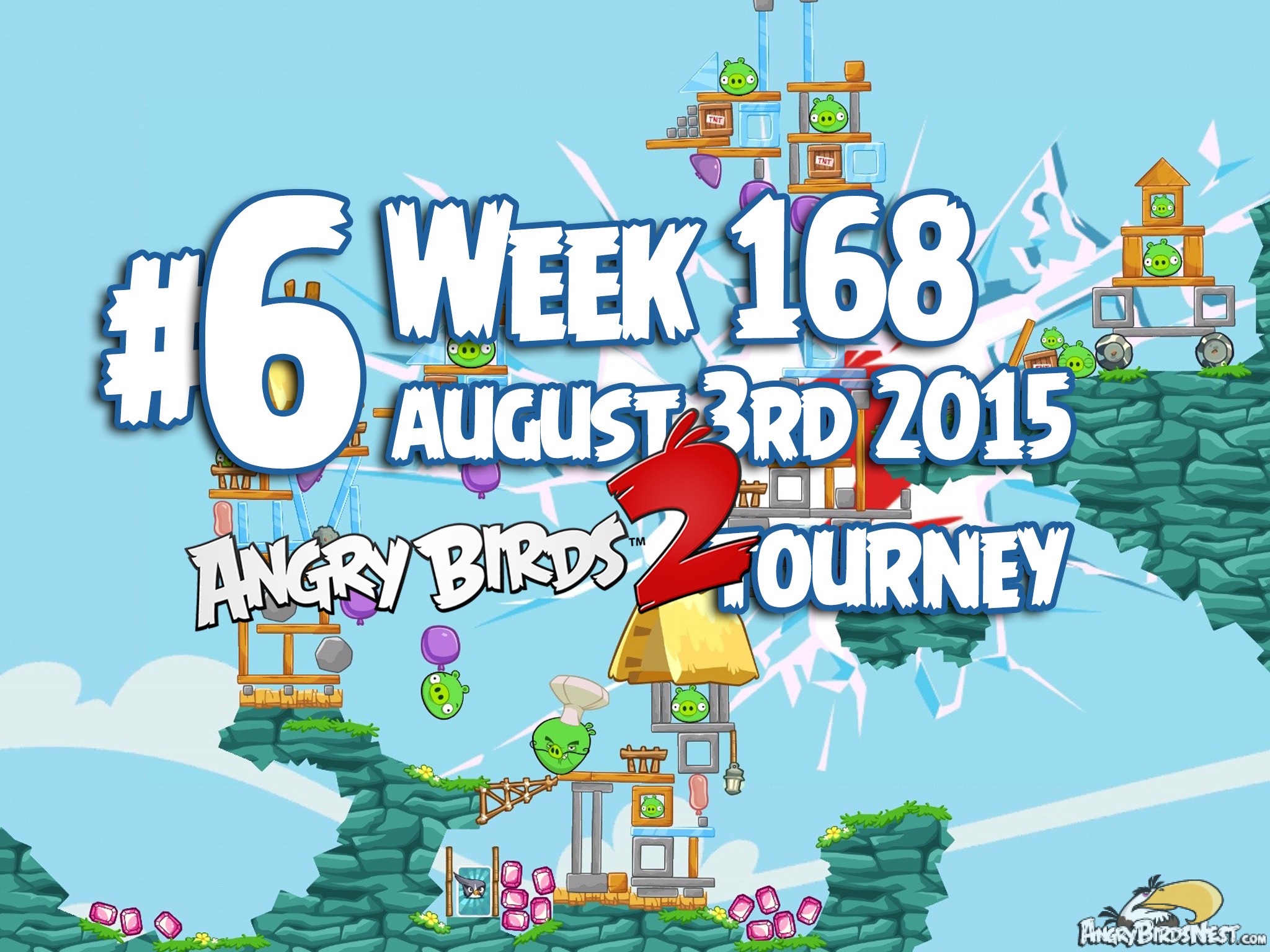

Importantly, I also knew I deserved better. The patient was kind and understanding, but I felt inadequate and knew my patients deserved better. Three days later, I was seeing a different patient in the clinic and had what I now realize was a panic attack.

For days, I did not sleep more than 1 or 2 hours.
#Angry birds friends walkthrough 2018 windows
I hid on the floor after closing the blinds and locking all the windows and doors. It was not my patient, but her words about finding my home address haunted me. The very next day while I was at home, I received an alert that there was an active shooter in the area and realized with dread that it was on my block. The response I received was generic: We will look into it. In this e-mail, I conveyed my fear and concern about this encounter while making it clear that I was still worried about my safety and the ability of the patient to continue to harm me. After the clinic was finished, I e-mailed my supervisor since it was a holiday and other employees were not in the hospital for me to call. We called hospital security and were told they felt their services were not needed as the patient had left the clinic.ĭespite this horrific encounter, I managed to make it through the rest of the clinic day in a daze. Once I was back in the workroom, a nurse escorted the patient out of the clinic. As she continued her tirade, I carefully walked past her to get out of the room, and although she never moved toward me, she continued to yell about what a terrible person I am. I promised her a new oncologist, told her I would become a better doctor, and suggested that maybe the biopsy results were wrong (although I knew they were not). I said anything I could think of to de-escalate the situation and get out of the room. I was certain she had a gun in those bags. Suddenly, I realized she was not sched uled to get chemotherapy that day, so why did she have these bags? Patients often bring bags such as these to their chemotherapy appointments, bags filled with things to pass the time such as iPads, books, knitting, board games, blankets, snacks, and water bottles. I looked down and saw that she had two large bags with her. We did not have a panic button or hospital security on speed dial, and it would have taken them many minutes to get to me if I had used the phone in the examination room to call security. I also realized that because it was a holiday, there were very few people around who might hear me yell for help. To get out, I would have to walk around the desk and between her and the examination table. At that moment, I scanned the room and recognized I could be in real danger. She continued telling me that she could find my home address. It was a real-life example of kill the messenger. I have wondered if she felt let down by me after our years of cordial and friendly visits. I have since wondered if her lack of close friends and family may have amplified her reaction, in that she had few outlets available to her to discuss her fears and concerns.

I understood that, in her mind, someone had to be blamed, and, mostly out of convenience, it was going to be me. You should never have become a doctor.” I intellectually understood she was upset about the news of her cancer recurrence and had understandable anger at the dramatic impact this turn of events would have on her future. When I paused to see what questions or thoughts she had, she said: “I want to kill you. 1 I had done this many times before, and there was nothing that stood out to me in the moment about her or this clinical situation to make me think I was in danger-a fact that made what happened next even more shocking. I used the SPIKES protocol to review why we were there and deliver the test results. She had no known mental illness, no brain metastases, and had never been angry or violent with me. Truly, it was a delight to be her oncologist. We were on very friendly terms, and I enjoyed seeing her name on my clinic schedule, certain that beyond discussion of her cancer and test results, we would also get into some interesting conversations about life, the weather, or college sports. I had met her children, knew the names of her pets, and had discussed my children and pets with her. I had been her oncologist since she was first diagnosed with stage III cancer and saw her through surgery and adjuvant chemotherapy. I walked into the room to share this news with a woman who I had been seeing for about 3 years. As I suspected, the test confirmed recurrent cancer, and this time, it was incurable. I was seeing her to discuss test results 1 week after I told her I was concerned that her cancer had returned. I was in the middle of a busy medical oncology clinic.


 0 kommentar(er)
0 kommentar(er)
